Health
-

6 keys to a long, healthy life (ice cream included)
Also, why reading Ben Franklin beats climbing Mount Everest
-

Six cancers rising faster in younger adults than older ones
Large new global study fuels growing concern over trend of increases in several types

-

What’s next for GLP-1s?
Scientists eye new treatment targets for popular weight-loss drugs, from heart failure to addiction
-

Pricey blockbuster GLP-1s are costing users — and most of the rest of us, too
Health insurers are passing along cost for coverage in form of higher rates across the board, policy researcher says
-

Drinking 2-3 cups of coffee a day tied to lower dementia risk
Caffeinated tea also found to slow cognitive decline in study

-

New AI tool predicts brain age, dementia risk, cancer survival
Unlike other AI models, BrainIAC needs limited data to ID key neurological health indicators

-
Tracking the Sandman
Investigators at the Harvard-affiliated Massachusetts General Hospital have developed a system to accurately track the dynamic process of falling asleep, something that has not been possible with existing techniques.
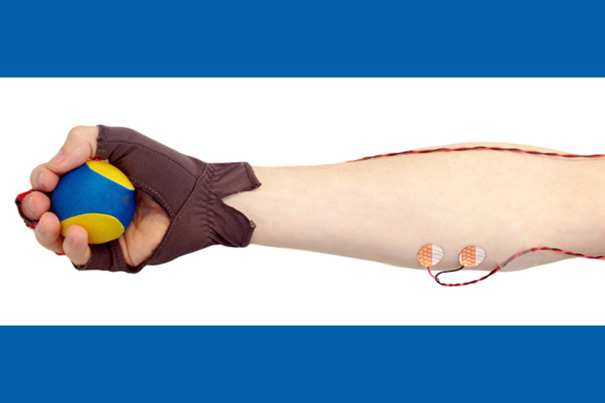
-
Smoke and fire
Vaughan Rees of the Harvard T.H. Chan School of Public Health shares his thoughts on the intense debate in Westminster over a push to ban tobacco sales. The ban was defeated, but the battle is not yet over.
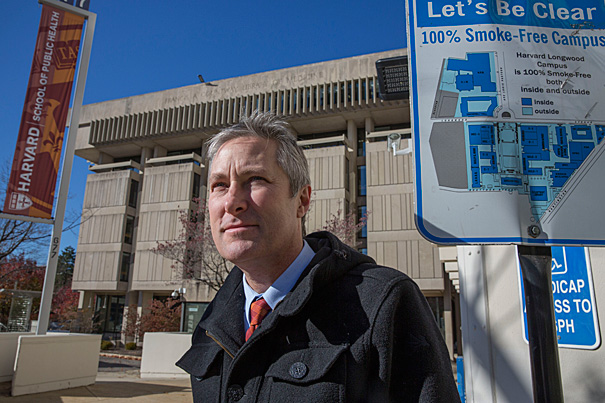
-
The cellular origin of fibrosis
Harvard Stem Cell Institute scientists at Brigham and Women’s Hospital have found the cellular origin of the tissue scarring caused by organ damage associated with diabetes, lung disease, high blood pressure, kidney disease, and other conditions.
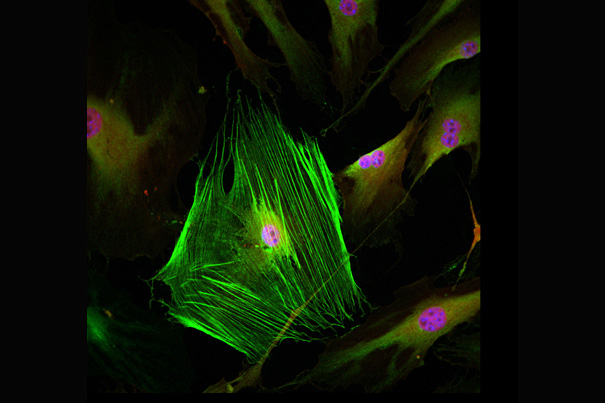
-
How mosquitoes home in
A team of researchers has identified a key genetic variation that helps mosquitoes “smell” humans. The study could open the door to new strategies to ward off the pests.

-
Reprogramming cells, long term
Harvard Stem Cell Institute researchers have demonstrated that adult cells, reprogrammed into another cell type in a living animal, can remain functional over a long period. The work is an important advance in the effort to develop cell-based therapies for tissue repair, and specifically in the effort to develop improved treatment for diabetes.
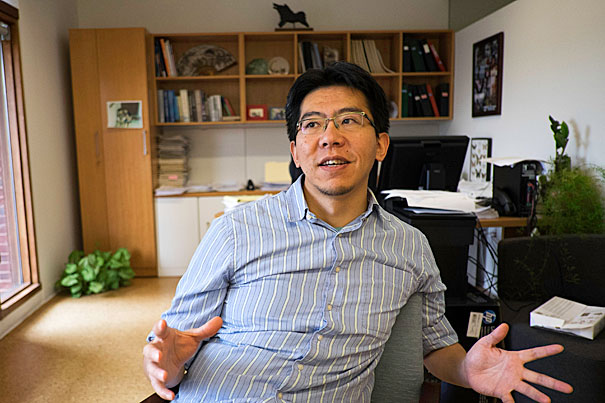
-
Calculator adds up cardio risks
The new Healthy Heart Score developed by researchers at the Harvard T.H. Chan School of Public Health gives individuals an easy way to estimate their 20-year risk of developing cardiovascular disease. The free Web-based survey can be found at www.healthyheartscore.com.

-
Defining rights
Researchers from around the world came to Harvard to examine the rise of international court cases on issues of sexual and reproductive rights.

-
Defending against the flu
Raphael Dolin of the Medical School discusses the evidence for hand washing, the timing of flu season, and who’s most vulnerable to serious complications.

-
A promising strategy against HIV
Harvard Stem Cell Institute researchers at Massachusetts General and Boston Children’s hospitals for the first time have used a relatively new gene-editing technique to create what could prove to be an effective technique for blocking HIV from invading and destroying patients’ immune systems.

-
Genesis of genitalia
Findings from Harvard research may help explain why limbs and genitalia use similar gene regulatory programs during development.
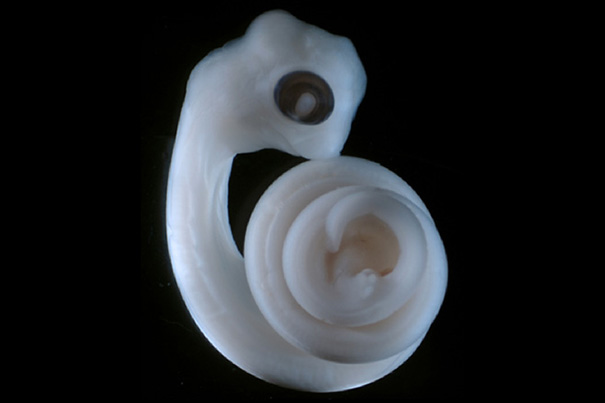
-
Rapid-fire evolution
Faced with stiff competition from an invading species, a Harvard study has found that green anoles evolved larger toe pads equipped with more sticky scales to allow for better climbing in just 20 generations over 15 years.

-
A hidden risk
A new study by S. Allen Counter, clinical professor of neurology and director of the Harvard Foundation, shows that high levels of lead, as well as other toxic metals such as mercury and cadmium, can pass from mother to child through breast milk.
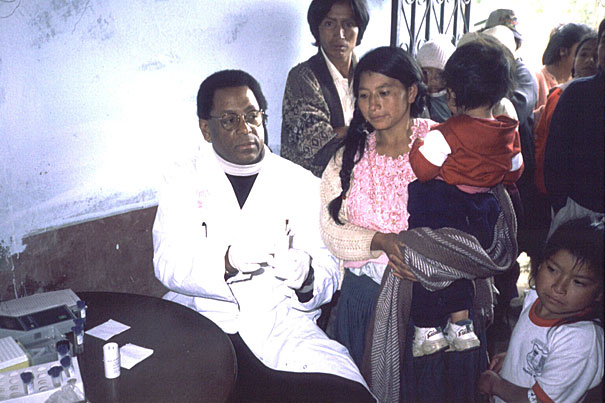
-
Toward genetic editing
Led by David Liu, professor of chemistry and chemical biology, a team of Harvard researchers developed a system that uses commercially available molecules called cationic lipids to deliver genome-editing proteins into cells.
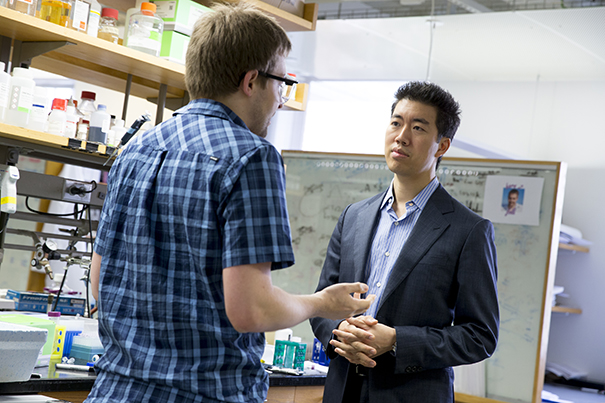
-
Witness to anguish
Graduate School of Education alumna Jessi Hanson traveled to Liberia to help set up a program to provide art and play therapy to children held in isolation after their family members died from Ebola. She shared her experiences in Liberia — and now in self-quarantine in the United States — with the Gazette.
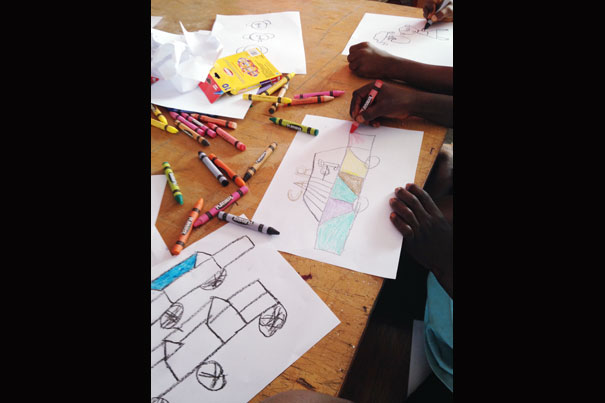
-
Status shift for whale pelvic bones
New research challenges the notion that the small pelvic bones found in whales are evolutionary vestiges.
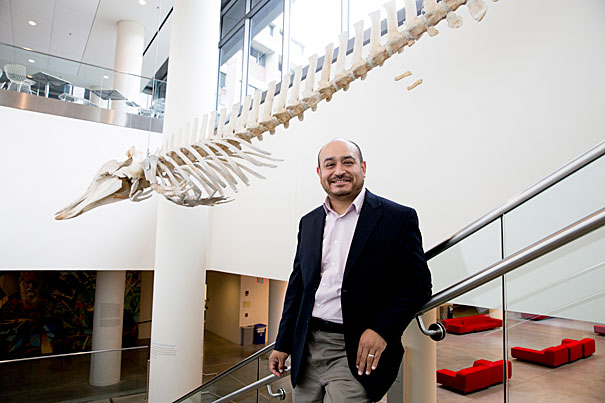
-
Preoccupied with life
Harvard-affiliated surgeon and writer Atul Gawande explores big questions around end-of-life care in “Being Mortal.”
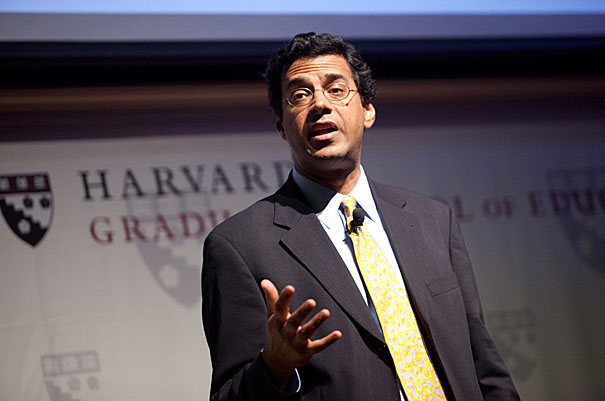
-
Birds everywhere
“Birds of the World” opened in September as a permanent exhibit at the Harvard Museum of Natural History.
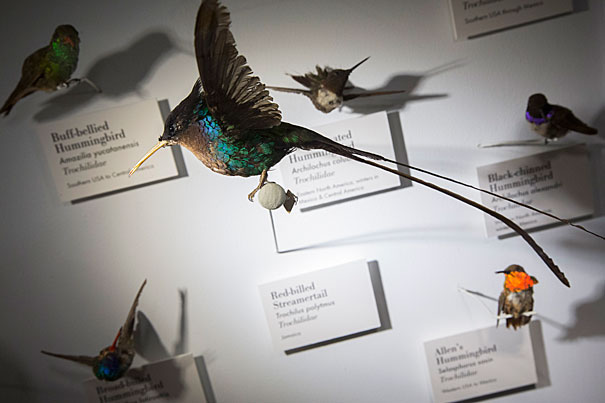
-
Tackling blindness, deafness through neuroengineering
The Bertarelli Program in Translational Neuroscience and Neuroengineering, a collaborative program between Harvard Medical School and the École Polytechnique Fédérale de Lausanne in Switzerland, has announced a new set of grants worth $3.6 million for five research projects.

-
Mixed results in report on concussions
While most colleges and universities in the National Collegiate Athletic Association have created programs to help diagnose and treat concussions sustained by their athletes, many are not fully meeting the NCAA’s standards, according to new research.

-
Behold the mammoth (maybe)
Harvard geneticist George Church discussed the future of genetic engineering, including possible technological applications allowing new treatment techniques. He saw the potential to improve human health, revolutionize pest management, and perhaps even bring back the mammoth and other extinct species.
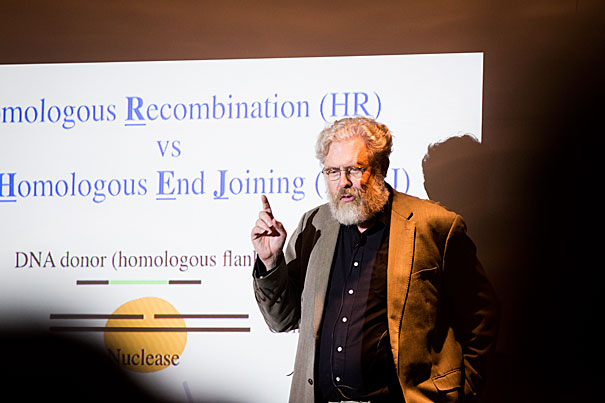
-
Mothers’ brains show similar responses to her baby and her dog
A small study from a group of Harvard-affiliated researchers at Massachusetts General Hospital investigates differences in how important brain structures are activated when women view images of their own children and their dogs.

-
‘Bubble boy’ gene therapy raises hope
A new form of gene therapy for boys with the life-threatening condition known as “bubble boy” disease appears to be both effective and safe, according to an international clinical trial run by a team from Harvard Medical School, Dana-Farber/Boston Children’s Cancer and Blood Disorders Center, and other institutions.
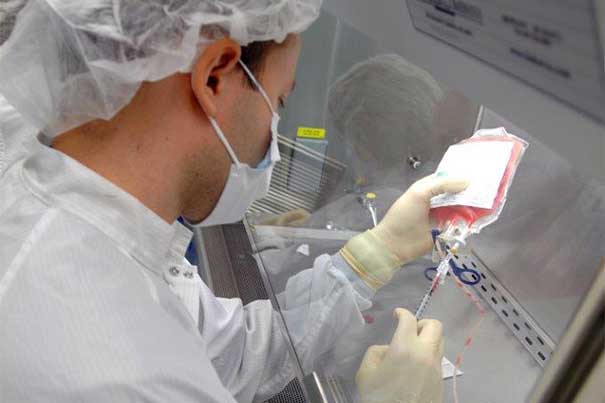
-
Giant leap against diabetes
Harvard stem cell researchers announced a giant leap forward in the quest to find a truly effective treatment for type 1 diabetes, a disease that affects an estimated 3 million Americans.
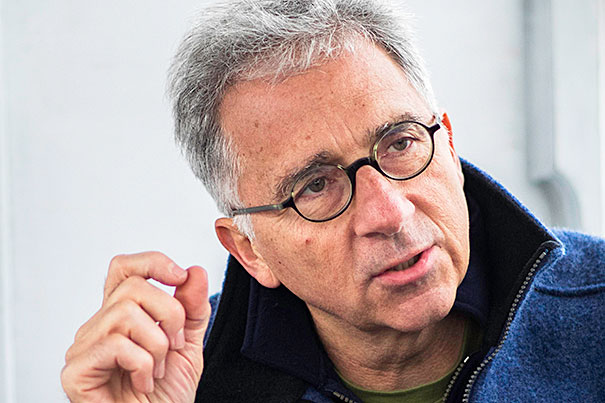
-
Java in the genes
Research led by Harvard investigators has found six new genes underlying coffee-drinking behavior.

-
Reduced residents’ hours a healthy move
A Harvard study finds that reduced resident work hours mandated by 2003 national reforms have not led to lower-quality physicians completing residency, as measured by hospital length of stay and inpatient mortality.
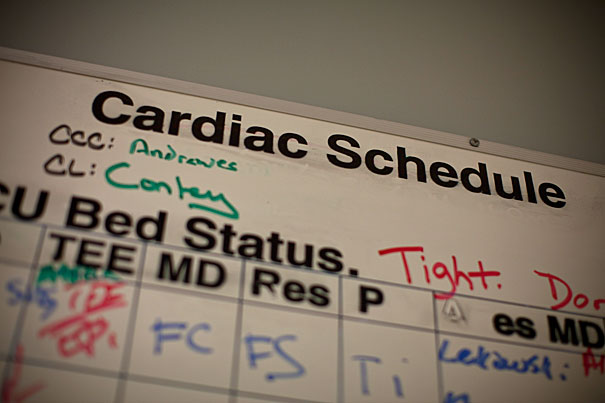
-
Study of lizards shows trade as a force in biodiversity
New research shows that trade is one of the major drivers of biodiversity among lizard species in the Caribbean islands.

-
A wake-up call on Ebola
The Dallas Ebola case was a black eye for emergency room workers who sent a Liberian man home even though they were told he had just arrived from the epidemic zone. But the case could act as a wake-up call for emergency workers around the country, panelists say.
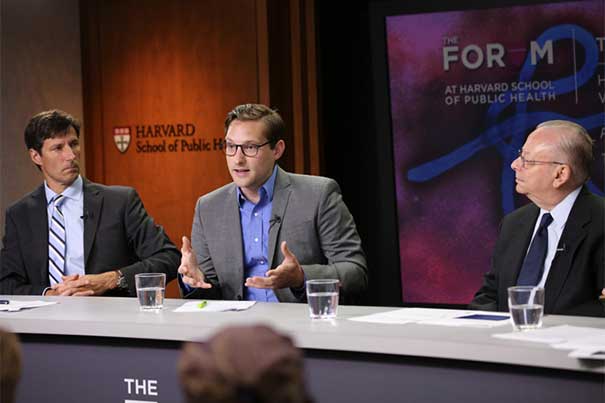
-
Confronting Ebola
Three nonprofits with strong Harvard ties have joined forces at the front lines of the Ebola epidemic in West Africa.

-
A way to inhibit inflammation of blood vessel linings
A study led by Harvard-affiliated researchers is the first to demonstrate that BET bromodomain-containing proteins help execute inflammation in the endothelium while inhibition of BET bromodomain can significantly decrease atherosclerosis in vivo.
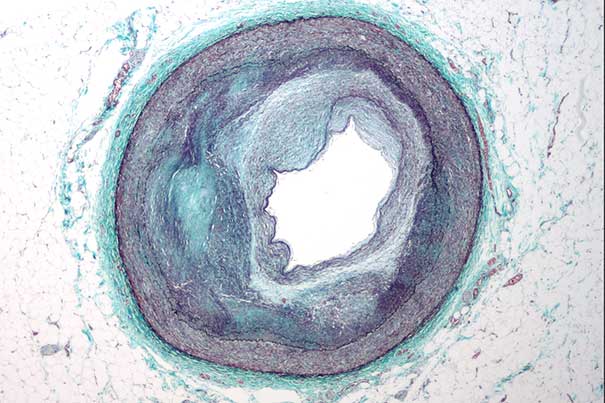
-
Sweet feat
New research by Harvard scientists shows how hummingbirds evolved a novel mechanism of taste.


